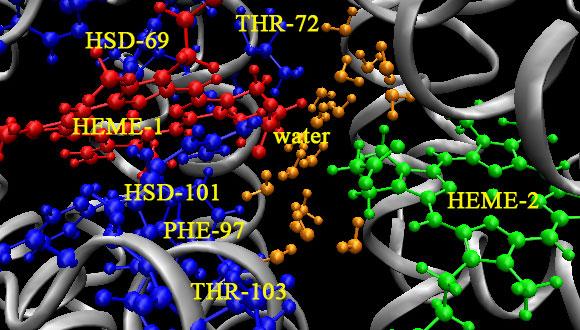Chemical Physics Seminar: New Horizons in Magnetic Resonance
Prof. Aharon Blank, Faculty of Chemistry, the Technion
Abstract:
Magnetic resonance (MR) is one of the most versatile fields of science, with applications ranging from chemical structure determination to medical imaging, and quantum technologies. From a scientific point of view, MR was up to date the main focus of at least seven Nobel prizes in physics, chemistry, and medicine. From an industrial point of view, MR is a multibillion industry, mainly aiming at a wide range of medical, chemical, and biological applications. Despite the fact that MR was discovered over 60 years ago, and magnetic resonance imaging (MRI) is more than 30 years old, there is still plenty of room for new methodologies, approaches, and applications. For example, MR is known to be very insensitive technique that requires relatively large amounts of material for spectroscopic evaluation. Accordingly, also MRI suffers from relatively poor image resolution. Last but not least, MR systems are known to be very expensive, complicated and bulky system, limiting their wide adoption for many potential new scientific and clinical applications.
The main theme of my lab is to resolve these drawbacks and subsequently apply our newly developed methodologies to the fields of science and medicine. Specifically, we develop unique detection methodologies to greatly enhance the signal in MR experiments, as well as improve the spatial resolution in imaging protocols. Furthermore, we promote application-specific compact MR systems, for both clinical and scientific use. In the talk I will briefly review the basics of MR, describe the main capabilities and applications of the field, as well as its limitations. Following this I will present in details the latest methodological developments obtained in our lab, as well as several recent applications, where the unique tools we developed are applied to diverse fields ranging from basic spin physics and quantum technologies, to analytical chemistry and medical devices.


